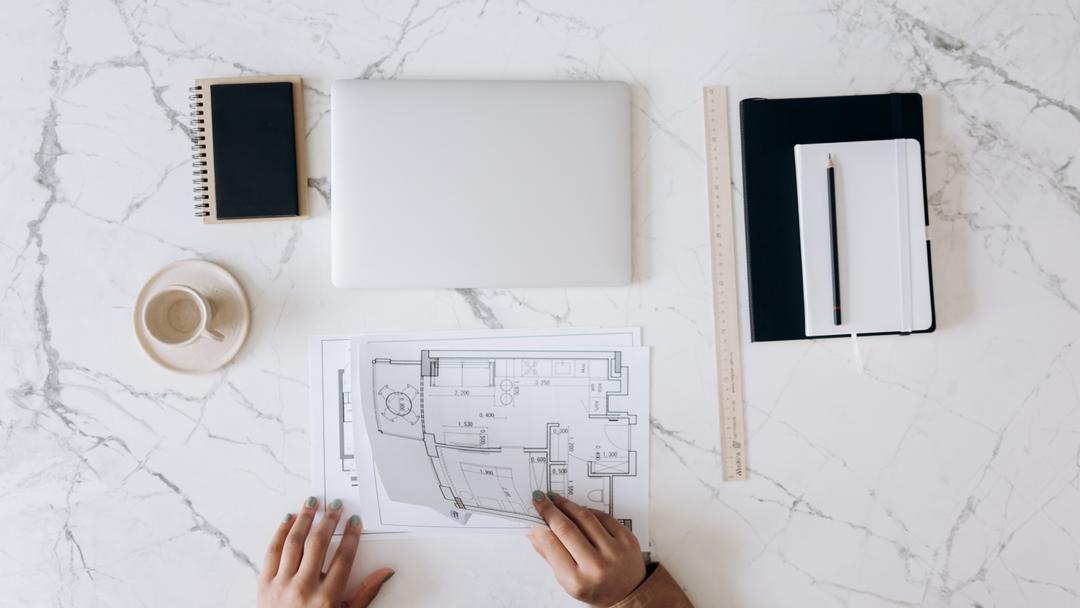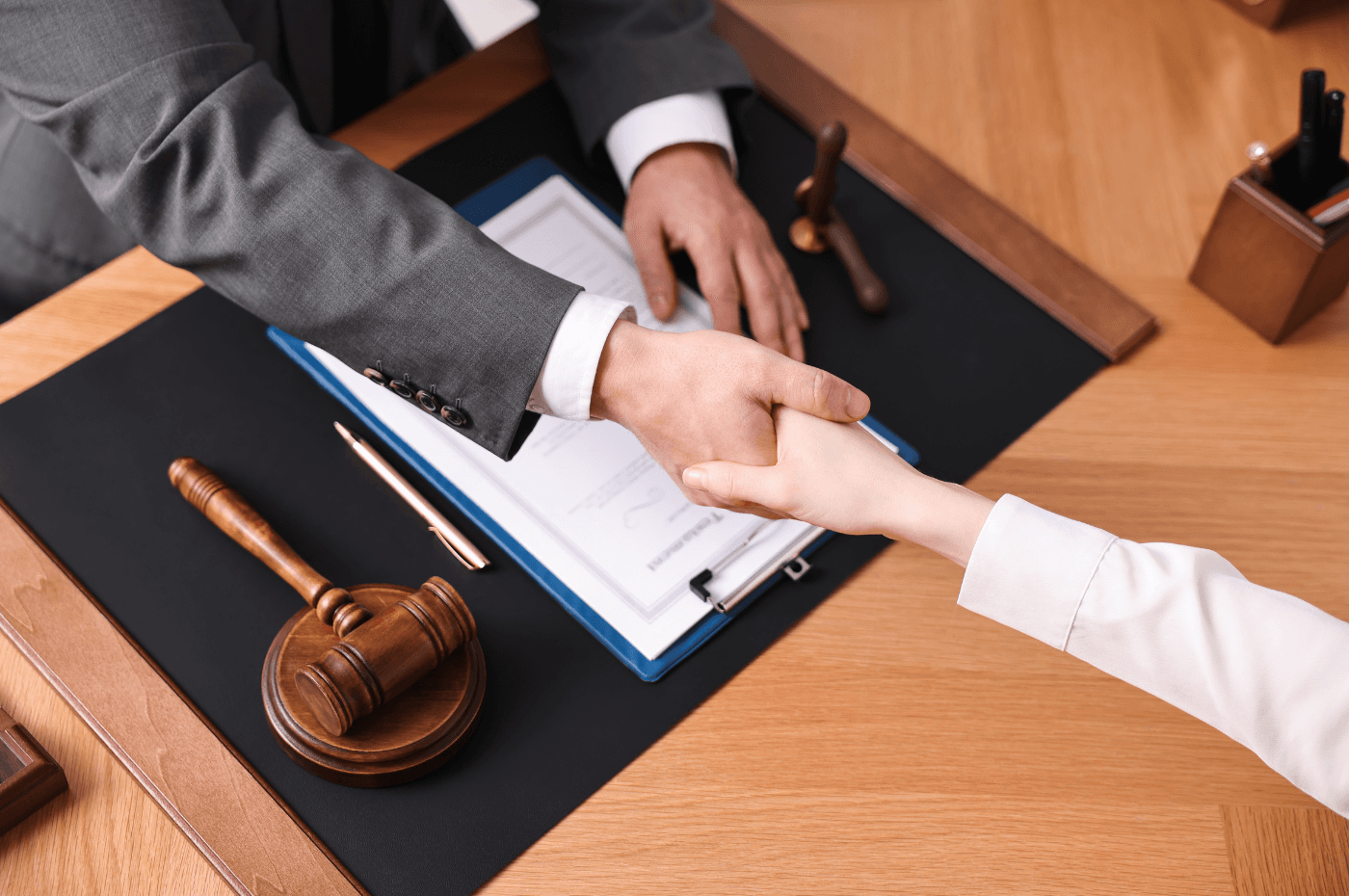Whether you're buying or selling a property, your appointment with a notary is a critical step in the process. Real estate transactions can be complex and nerve-wracking, so proper preparation for your meeting with the notary is key to easing your concerns.
Although the objectives of meetings for buyers and sellers differ, it's vital to understand that the notary acts as a neutral expert, offering impartial guidance and advice.
Let’s explore how a meeting with a notary might unfold and what documents you should have on hand!

If you are a buyer in a real estate transaction
Once you've found the perfect home and negotiated the terms of sale with the seller, the next step is to reach out to a notary!
Your first contact with the notary
When you first contact your notary, it’s crucial to provide them with a comprehensive file containing various documents related to the property you’re interested in, as well as details about your financial situation. Additionally, the notary may request additional documents to verify and confirm certain information such as:
- Your identification
- Your marital status
- Proof of future home insurance (specifically for the property you're purchasing).
After receiving and reviewing all necessary documents, the notary will conduct analyses and calculations regarding your file and the property. Based on this assessment, they will schedule your initial appointment, typically involving the signing of the mortgage documents.
First appointment: signing the mortgage
At your first appointment with the notary, you should take the opportunity to address any questions or concerns you may have regarding your upcoming purchase. During this appointment, the notary will also guide you through the review and verification of several essential documents.
Service contract overview
The service contract acts as a formal agreement between you and your notary, detailing important aspects of your arrangement. Typically, it outlines your respective responsibilities, fees, and other relevant terms of the agreement.
An overview of the verification process
Your notary will give you an overview of the verification processes they’ve conducted and may collect any additional information required during your meeting. It's essential to be ready to respond to various questions that may arise during this discussion.

Financial calculations
Your notary will also take the time to explain the financial calculations conducted, which may include various aspects like tax apportionments and spousal recuperation tights.
Additionally, they will inform you of the amount needed for the bank draft. This sum can vary depending on factors such as:
- Your down payment
- Your mortgage loan insurance tax (if applicable)
- Fixed apportionments
- The notary's fees.
Verification of the location certificate
The seller is responsible for providing you with the location certificate. This document contains details about the property's land and structures, as well as any restrictions or hazard areas.
Signature of mortgage deed
Your first appointment with the notary also entails signing the chosen mortgage deed. This document includes important information such as the mortgage amount, agreed-upon interest rate, repayment schedule, and other relevant terms.
Following this meeting, your notary will proceed to submit your mortgage application and associated reports to your financial institution. This marks the official start of the process, both legally and financially.
Second appointment: signing the deed of sale
The second appointment marks the conclusion of the purchase process. You, the seller, and your respective real estate brokers will all be invited to attend. During this meeting, the notary will meticulously review the deed of sale before formalizing it with your signatures.
Congratulations! You are now the proud owner of a property.

If you are a seller in a real estate transaction
When you first reach out to the notary as a seller, they'll likely start by verifying your identity, which is usually pretty straightforward. But things can get more complicated during your first appointment, where you'll need to provide various pieces of information and official documents.
First appointment: checking documents...
During your initial appointment, it’s essential to bring along several critical documents for the notary to verify your status as the current property owner and your authority to sell.
Notarized deed of ownership
The notarized deed of ownership acts as legal proof of ownership and the property's value. It includes crucial information like the owner's details, property specifications, purchase price, and other relevant particulars.
Location certificate
The location certificate is the seller’s responsibility to provide. Prepared by a land surveyor, this certificate serves as protection for both buyer and seller. It includes crucial details showcasing the current condition of the property, such as:
- Dimensions of the lot or building
- Rights of way and easements
- Areas prone to floods or other risks
- Municipal restriction, such as limitations on installing structures like pools or sheds.

Marriage certificate/divorce certificate
You'll need to provide either a marriage certificate, a divorce certificate, or a birth certificate if you're single. This helps establish your marital status and is important for the transaction process.
Tax accounts
Your tax account document outlines the annual property taxes you've paid. Your notary will need this document as part of your file for the transaction.
Future address
You'll be asked to provide the future address where you intend to move once the new owners take possession of your home. This helps facilitate communication and ensures a smooth transition during the sale process.
Any other relevant documents
Additionally, you should gather any other pertinent documents, such as the lease agreement for the basement apartment you rent to tenants, and any invoices related to your property for which you still owe payments.
Following this appointment, the notary will then reach out to your financial institution to start the second and final stage of the process.
Second appointment: signing the deed of sale
This appointment marks the finalization of your property sale process. It's essential to bring your real estate broker to the appointment, and the buyer will also have their broker's present. Together, you'll review the deed of sale before signing it.
Congratulations! You'll leave the appointment knowing that your property has been successfully sold.
Looking for a notary?
XpertSource.com can help you find a notary. When you tell us about your project, we put you in touch with qualified resources for FREE. Simply fill out our form ( it only takes a few minutes ) and we will connect you with professionals.

